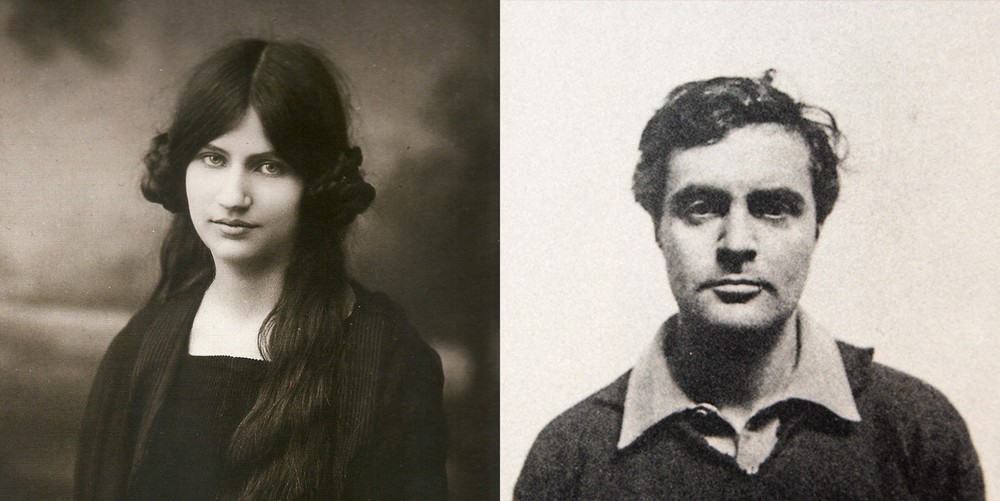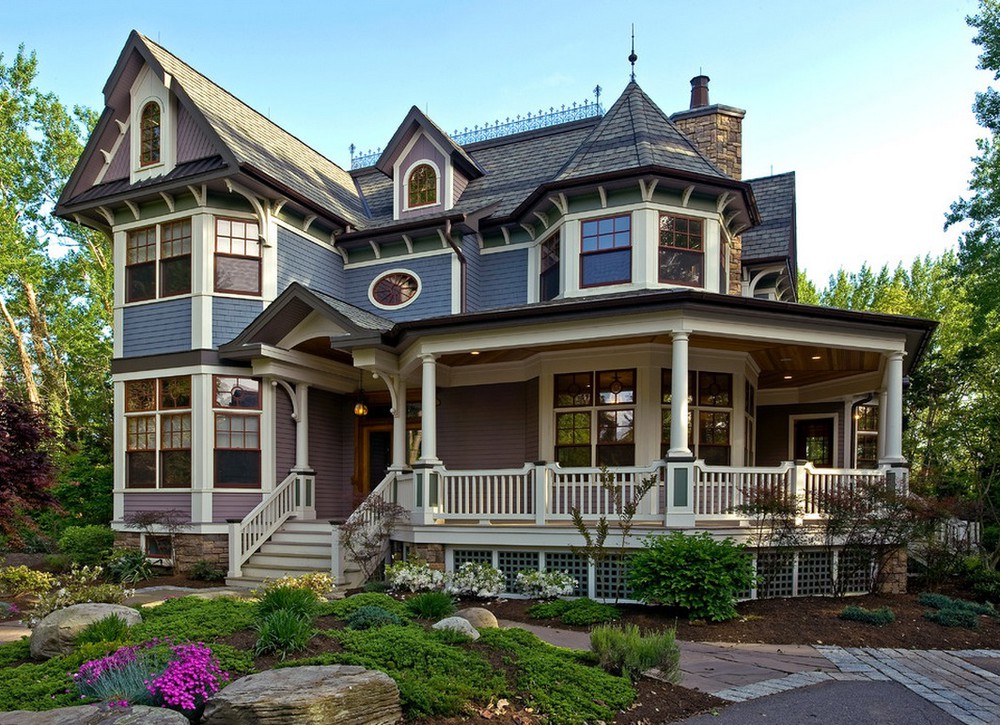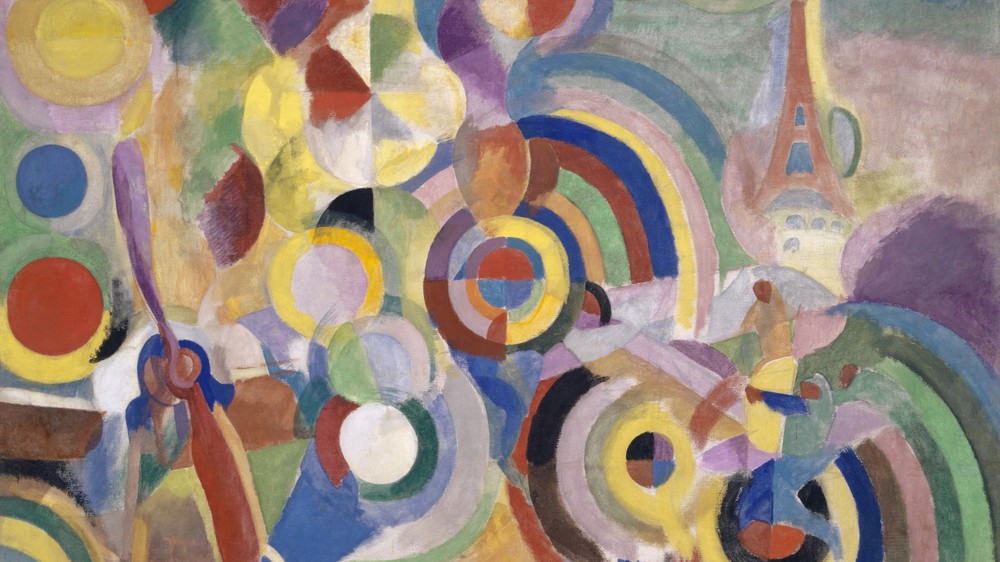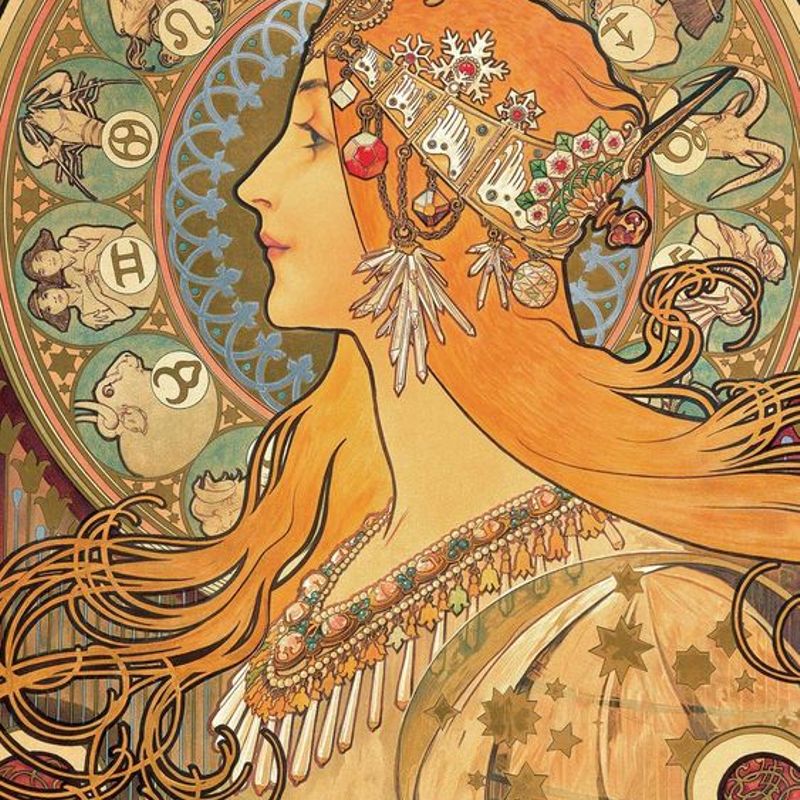
Juan Gris
Born José Victoriano González-Peréz, Juan Gris was an avant-garde Spanish painter and pioneer of Cubism. His early work largely consisted of Art Nouveau commercial illustrations for monthly publications, but after moving to Paris in 1906, he increasingly adopted the Cubist style of his new friends Pablo Picasso and Georges Braque. Their aim was to construct a single image as if seen from multiple angles simultaneously, and by 1912, Gris had both officially embraced Cubism and also shown work at the Salon des Indépendants. He quickly developed his own method called ‘Synthetic’ Cubism, which incorporated strong color in contrast to the monochrome palettes of Picasso and Braque. His approach was also more analytical, often using paper collage in combination with charcoal and paint. He also designed sets and costumes for Diaghilev’s Ballets. Despite his early death from Kidney failure, he left an indelible mark on the development of Modernism.
Editorial (3)

Modernism’s Romeo & Juliet
This month, we’ll be featuring Summer of Love, a four-part series on artists who painted the same individual—over and over a…

Choosing Art for a Victorian Home
In each installment of our series Decor Decisions, an interior designer helps us choose art for a certain style of home, fro…

Sticks & Stones: Collage
In our series Sticks & Stones, we take a deep dive into medium. Each installment features one of art history’s most sign…
Playlists (14)



Decor for a Victorian Interior



Kunstmuseum Basel: Curated Picks
Related artists

Alfred Stieglitz
American, 1864–1946
Kazimir Malevich
Russian, 1878–1935